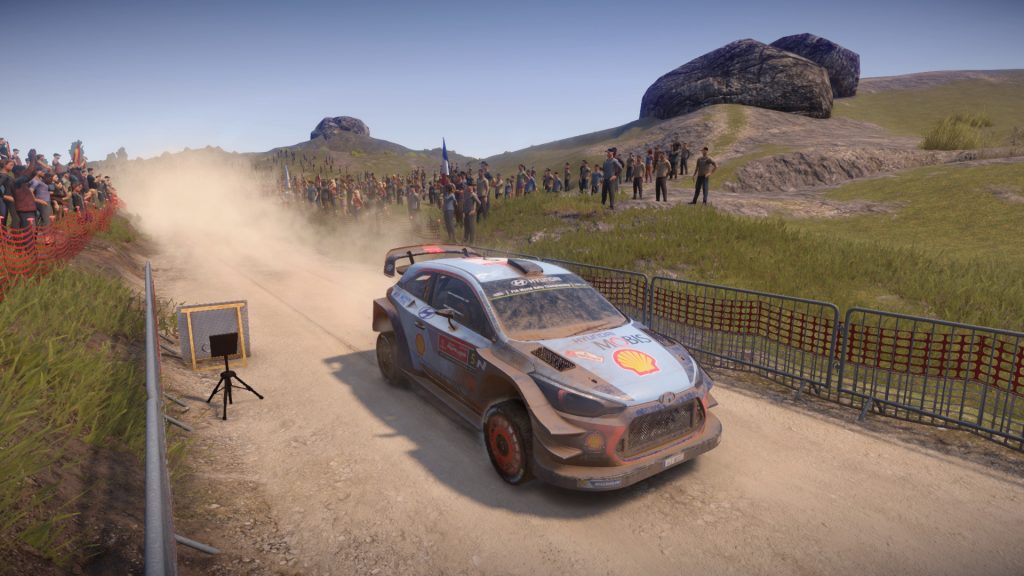Observing Limits of Cognitive Abilities
During my ongoing literature review I often discover interesting facts about things I’ve never thought about. Sometimes I can connect these facts with my own observations: The result is mostly a completely new idea why things are as they are. Maybe these ideas are new to you, too. Therefore I’ll share my new science based knowledge with you!
This week: This time, I think about how computer games can be used to test the limits of our own cognitive abilities.
Frequent and deliberate practice helps us to internalize knowledge and, as a result of this, the knowledge’s performance becomes more fluent and even automated. This especially is the case when we acquire and practice a particular skill such as typing, dancing or driving a car.
At first, a skill’s performance is very slow as the underlying steps and rules are followed closely. Over time, the underlying rules get internalized and, subsequently, subconsciously executed thus achieving an automatization of the knowledge. Finally, after frequent and deliberate practice as well as general performance, the skill can be mastered which results in a total automatization and quick skill performance.
However, the automatization and subconscious performance can also result in a certain degree of inflexibility which can be observed when only a small parameter of the knowledge’s rules get changed. In this case, especially when the person is not aware of the changed rules, the skill is performed in its internalized form thus resulting in unexpected outcomes and a high degree of irritation.

WRC 7
Recently, I observed this particular phenomenon myself as I tried a new racing computer game: WRC 7. Normally, I play racing games with manual transmission enabled as it provides me with a higher degree of flexibility. However, in the case of WRC 7, the gear change option was set to automatic transmission which also maps the car’s reverse gear to the brake and engages reverse when the brake is still pressed after the car has stopped. In addition to this, I am using a steering wheel and pedal setup that mirrors the functionality of a real car’s controls. Ultimately, this small but significant parameter change of the internalized rules caused a high degree of irritation on my side as the virtual car was doing the opposite of what I expected.
In the end, this experience demonstrated how computer games not only can be used to train knowledge but also to test our own cognitive abilities as well as their limits. Computer games allow for the realistic as well as immersive simulation of real world knowledge while simultaneously providing a safe testing environment where those experiments can be conducted.